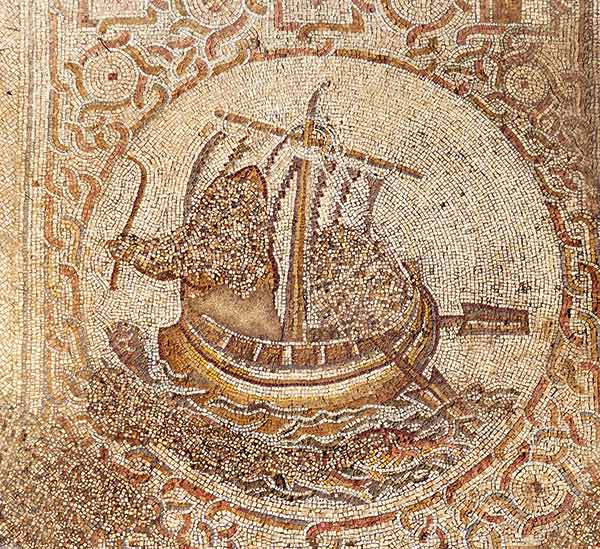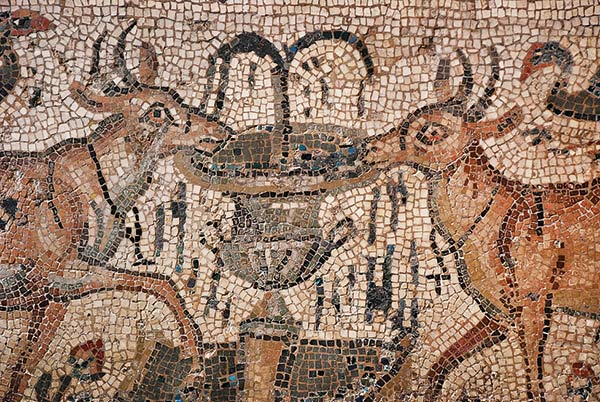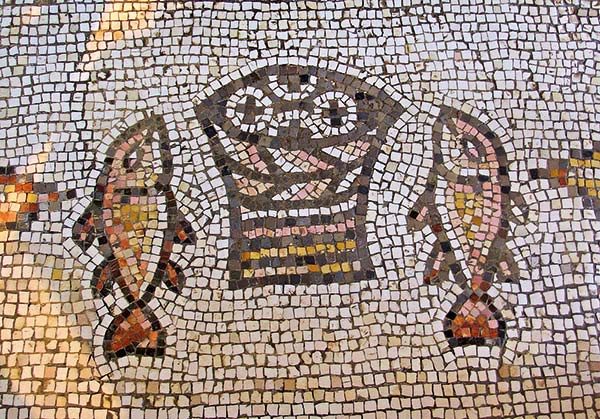Subtotal: $
Checkout-

Hutterite Ten Points of Baptism
-

The One Who Promises
-

Vows in Brief
-

The Raceless Gospel
-

Poem: “Blessing the Bells”
-

Poem: “Autumn in Chrysalis-Time”
-

Tiny Knights
-

Editors’ Picks: “What Your Food Ate”
-

Editors’ Picks: “Untrustworthy”
-

Editors’ Picks: “The Last White Man”
-

Retooling the Plough
-

Charting the Future of Pro-Life
-

Letters from Readers
-

Home in My Heart
-

Remembering Alice von Hildebrand
-

Sadhu Sundar Singh
-

Covering the Cover: The Vows That Bind
-

The Day No One Would Say the Nazis Were Bad
-

John Wayne, The Quiet Man
-

No Promises
-

Word Is Bond
-

Bring Back Hippocrates
-

The Dance of Devotion
-

Victor Hugo’s Masterpiece of Impossibility
-

A Vow Will Keep You
-

A Broken but Faithful Marriage
-

Can Love Take Sides?
-

A Defense of Vows
-

Why I Chose Poverty
-

Demystifying Chastity
-

The Adventure of Obedience

Next Article:
Explore Other Articles:
North Africa, third century
Writing just over a century after the life of Christ, Tertullian reflects on the joys of those who have prepared for and finally receive the sacrament of baptism.
They who are about to enter baptism ought to pray with repeated prayers, fasts, and bendings of the knee, and vigils all the night through, and with the confession of all bygone sins, that they may express the meaning even of the baptism of John: “They were baptized,” says [the Scripture], “confessing their own sins.” To us it is matter for thankfulness if we do now publicly confess our iniquities or our turpitudes: for we do at the same time both make satisfaction for our former sins, by mortification of our flesh and spirit, and lay beforehand the foundation of defenses against the temptations which will closely follow. … Therefore, blessed ones, whom the grace of God awaits, when you ascend from that most sacred font of your new birth, and spread your hands for the first time in the house of your mother, together with your brethren, ask from the Father, ask from the Lord, that His own specialties of grace and distributions of gifts [1 Cor. 12:4–12] may be supplied you. “Ask,” says He, “and you shall receive.” Well, you have asked, and have received; you have knocked, and it has been opened to you. Only, I pray that, when you are asking, you be mindful likewise of Tertullian the sinner.
Alexander Roberts, James Donaldson, and A. Cleveland Coxe, eds., Ante-Nicene Fathers (Christian Literature Publishing Co., 1885). Revised and edited for New Advent by Kevin Knight.

Fishing boat, Khirbet Beit Lei, Israel
Armenia, fourth century
The Armenian Apostolic Church is one of the most ancient Christian denominations. This Eucharistic liturgy invites the congregation to remember that their baptism washed them of sin and calls them to live in the power of the Holy Spirit and wash the world with their holy lives.
Holy Father, who has called us by the name of Thine Only Begotten, and hast enlightened us through the baptism of the spiritual font, deign to accept this holy mystery for the forgiveness of our sins; stamp upon us the graces of the Holy Ghost, as Thou didst on the holy apostles who taste of it, and became the cleansers of the whole world. … Look not upon the unworthiness of my sins; neither withhold from me the grace of Thy Holy Spirit. But according to Thine unspeakable charity, grant that this be for the expiation of sins, and for the loosing of trespasses.
Charles Edward Hammond, ed., Liturgies, Eastern and Western (Wotton-under-Edge: Clarendon Press, 1878), 163.

Deer drinking from the fountain of life, Carthage, Tunisia
England, sixteenth century
A central element of Anglican worship for the past five centuries, The Book of Common Prayer was compiled by Thomas Cranmer (1489–1556) in the vernacular so that all laypeople could worship in English rather than Latin. It includes the following rite of baptism.
Question: Dost thou renounce the devil and all his works, the vain pomp and glory of the world, with all covetous desires of the same, and the carnal desires of the flesh; so that thou wilt not follow nor be led by them?
Answer: I renounce them all.
Question: Dost thou believe in God the Father Almighty, Maker of heaven and earth?
And in Jesus Christ his only begotten Son our Lord? And that he was conceived by the Holy Ghost, born of the Virgin Mary; that he suffered under Pontius Pilate, was crucified, dead, and buried; that he went down into hell, and also did rise again the third day; that he ascended into heaven, and sitteth at the right hand of God the Father Almighty; and from thence shall come again at the end of the World, to judge the quick and the dead? And dost thou believe in the Ghost; the holy Catholick Church; the Communion of Saints; the Remission of sins; the Resurrection of the flesh; and the everlasting Life after death?
Answer: All this I stedfastly believe.
Question: Wilt thou be baptized in this faith?
Answer: That is my desire.
Question: Wilt thou then obediently keep God’s holy will and commandments, and walk in the same all the days of thy life?
Answer: I will endeavour to do, God being my helper.
The Book of Common Prayer, 1662 edition as printed by John Baskerville in Cambridge in 1762.

Loaves and fishes, Tabgha, Israel
Already a subscriber? Sign in
Try 3 months of unlimited access. Start your FREE TRIAL today. Cancel anytime.









































V. Lyn Powell
I noted that both the terms "Holy Ghost" and "Holy Spirit" appear in the above reading from the Armenian Apostolic Church. I grew up in a Protestant denomination, and recall the term "Holy Ghost" being used exclusively in the liturgy of the 1950-60 era. Years passed, and my mother asked why the usage had changed to "Holy Spirit" all of a sudden. Is there some distinction between those two terms, or can they be used interchangeably in the liturgy and daily discourse? V. Lyn Powell